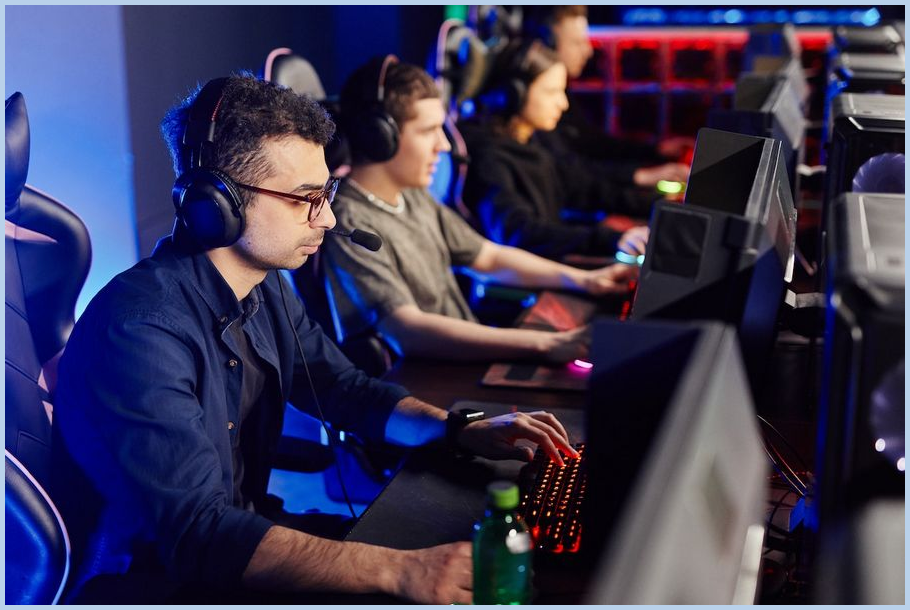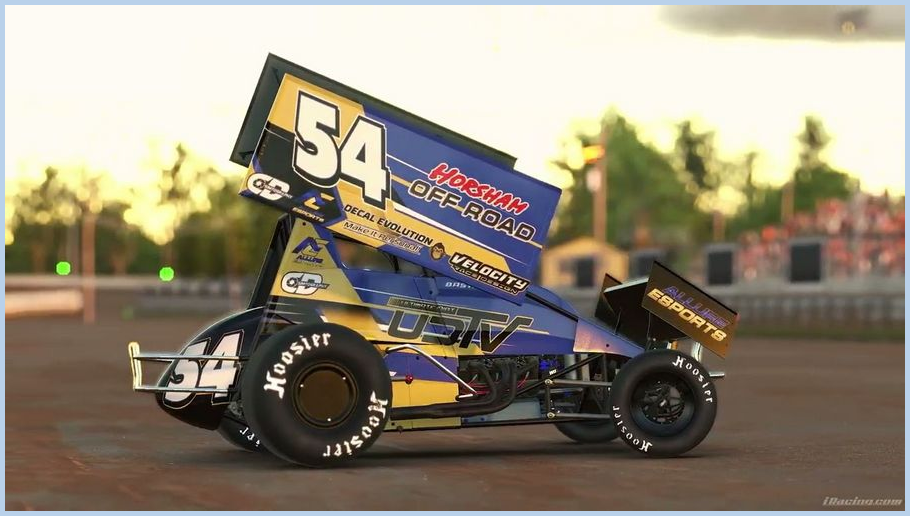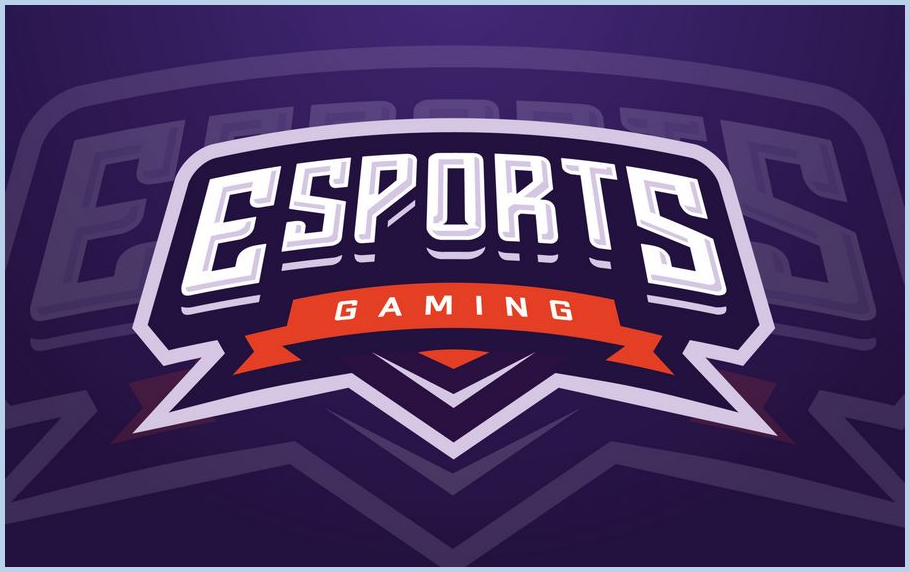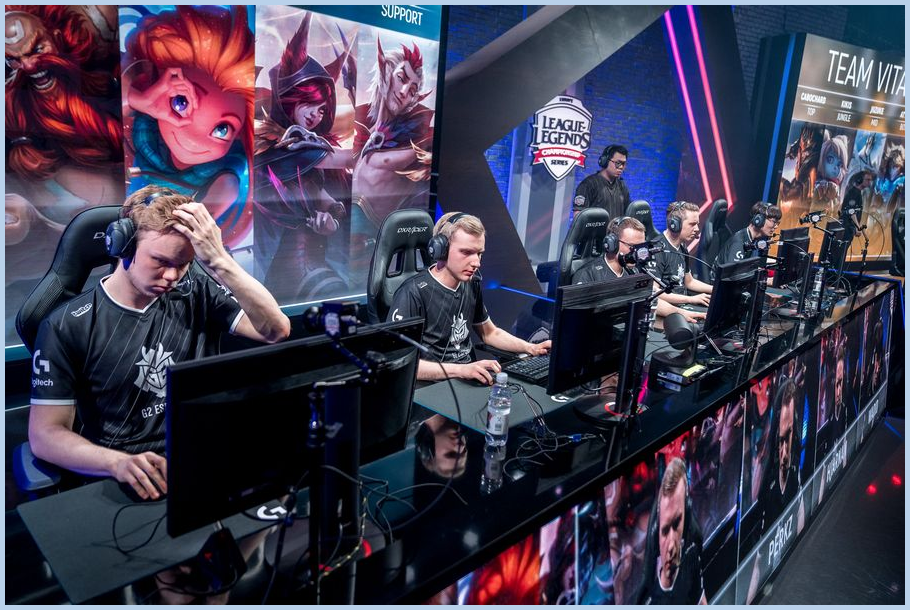Esports, or professional video gaming, has exploded in popularity over the last decade. As of 2020, the global esports audience was estimated to be nearly 436 million people strong. With such tremendous growth and interest, it’s no wonder so many gamers dream of one day playing video games competitively at the highest levels.
But how realistic is that goal, and do you have what it takes to go pro? Getting onto even a semi-pro esports team takes proper planning and persistence. By taking the right preparatory steps and putting yourself out there, however, you can set yourself up for esports stardom.
Here are 10 tips to boost your chances of landing a coveted spot on an esports team:
1. Choose Your Game and Platform
With so many competitive esports games and leagues to choose from, deciding where to focus your efforts is crucial. Some top esports games include:
● Counter-Strike: Global Offensive
● Fortnite
● Dota 2
● League of Legends
● Valorant
You’ll also need to select which gaming platform you’ll play on between console, PC, or mobile. Certain games are console-exclusive, while others allow cross-platform support. PC gaming remains the most prominent platform in esports due to its power, flexibility with controls, and upgrade potential.
When investing in a gaming PC, key components to prioritize include:
● CPU processor
● Operating system
● Video graphics card
● Memory (RAM)
● Storage
● Monitor
● CPU cooling
● Gaming mouse, keyboard, headset and other peripherals
Settling on your main game and platform allows you to focus your practice efforts and start networking within that gaming community.

2. Research the Top Teams
It pays to study up on the leagues, events, and dominant pro teams surrounding your chosen esports game. Observing high-level play will let you model effective tactics and strategies. Some current powerhouse teams across major esports titles include:
● Natus Vincere (Counter-Strike: Global Offensive)
● FaZe Clan (Fortnite)
● OG (Dota 2)
● T1 (League of Legends)
● OpTic Gaming (Valorant)
Follow rosters, tournaments, roster changes and anything impacting the competitive balance of your game’s pro scene. Knowing the lay of the land helps inform your plans.
3. Hone Your Skills
Raw talent only gets you so far in esports. To go pro, you need to deliberately practice your mechanics, game sense, communication and team play.
Useful training resources include:
● Video tutorials: PurgeGamers, BananaSlamJamma, Dota D. Bowie, ProGuides, Professor Akali
● Live streams: Twitch, Facebook Gaming, YouTube Gaming
● Written guides:
Dotabuff, ProGuides, Mobalytics, Champion.gg
Play ranked solo queue matches to test yourself under pressure, analyzing your decision-making and reviewing play footage. Stick to a regular training schedule while continually challenging yourself against tough opponents. Gradually expand your hero pool or specialist role over time.
4. Volunteer at Events
Attending live esports events as a volunteer is a smart way to gain exposure within the industry while giving back. Roles could include:
● Greeter
● Usher
● Ticket scanner
● Stage manager
● Tech support
● Announcer
● Product demonstrator
Major tournaments like ESL One, League of Legends World Championship and The International attract thousands of passionate fans. Contributing your time gets you in the door to connect with organizers, players, casters and sponsors.

5. Spectate Top Tournaments
In addition to volunteering, try to spectate prominent LAN events for your game in person when feasible. Observing high-stakes matches up close offers invaluable insight into the intensity, coordination and preparation needed to compete professionally.
Arrive early to soak up the electric atmosphere while scouting the best teams and standout players. Talk to fellow attendees about their esports fandom and perspective on the evolving meta. If traveling to events poses a challenge, catch tournament live streams online or through gaming channels like G4 TV.
6. Network, Network, Network
Expanding your personal network throughout the esports scene expands opportunities to get discovered by amateur and pro teams. Ways to connect include:
● Engaging with streamers and their chat communities on Twitch and YouTube Gaming
● Following top players/influencers on Twitter and Instagram
● Joining Discord servers and Facebook groups surrounding your game
● Playing in community leagues and pickup games
● Participating in fan meetups and gaming conventions
Never be afraid to introduce yourself to those already in the industry. Share your gaming backstory and aspirations while asking about their esports journey. Collect contact info to further conversations later as you work to raise your profile.
7. Build Your Online Presence
Social media provides free platforms to directly showcase your gaming passion, skills and personality to a wide audience. Posting entertaining, insightful content chronically can garner attention from teams seeking fresh talent.
Effective tactics include:
● Uploading competitive gameplay highlights and streaming VODs

● Live streaming casual matches while engaging your viewers
● Creating written and video guides detailing effective tactics/strategies
● Using gaming hashtags and tagging relevant handles to expand reach
● Promoting your social media profiles across platforms
8. Leverage Esports Recruiting Sites
Websites like Esportscareer.org and Hitmarker Jobs simplify connecting aspiring players with amateur and pro teams looking to fill roster vacancies.
Create detailed profiles highlighting your:
● Game/role specialization
● Competitive background
● Personal/streaming brand
● Career aspirations
● Contact info
● Links to gameplay footage
Turn on notifications so you’re promptly alerted when intriguing roster openings arise. Revisit and update your profiles routinely to keep options percolating.
9. Prepare a Standout Resume
As esports continues growing mainstream appeal and financial upside, competition for roster spots intensifies. Crafting a polished, gaming-focused resume helps convince coaching staff you’re ready to contribute at a high level.
Key resume sections to make you stand out:
● Career Objective: Concisely explain your esports aspirations tied to your game/role.
● Skills/Abilities: Showcase both general (communication, analytics) and in-game (mechanical skill, adaptability, etc.) traits.
● Gaming Experience: Feature relevant teams, tournaments, awards/achievements, and statistical accomplishments.
● Education: While less vital, listing academic credentials still looks professional.
10. Play To Your Strengths
While pure gaming talent provides your footing as a prospect, highlighting complementary abilities boosts your appeal to teams. Are you…

● An engaging personality suited to streaming?
● A strategic mastermind able to outdraft opponents?
● An expert shotcaller adept at mid-game decisions?
● A creative entrepreneur with business development chops?
The most successful figures in esports shine playing their game while promoting their personal brand across ventures. Build up unique value beyond your mechanics that teams crave when building out a roster and organization.
The Road To Esports Glory Awaits
Capturing the interest of professional teams and earning your way onto pro rosters demands consistent, multidimensional effort. But with deliberate training, relationships and showcasing your expanding skills, you can turn esports aspirations into full-time reality.
Stay confident, proactive and resilient through setbacks during the journey. With passion and dedication, you have what it takes to compete with the very best at the highest levels. Game on!
Frequently Asked Questions
Q: Can you make a living playing esports professionally?
A: Yes, top esports players can earn significant incomes from salaries, tournament prize money, endorsements and streaming revenue. However, only the very elite pros playing popular titles find financial success.
Q: What is the average pro gaming career length?
A: Due to factors like declining reaction time and motivation, most esports pros retire in their early to mid 20s, typically playing 5-8 years professionally.
Q: How long do aspiring pros practice daily?
A: Those striving to go pro commit 6-10 hours of daily practice to hone skills, study opponents, refine strategies and improve team coordination.
Q: Which esports game currently offers the richest prize pools?

A: Dota 2’s annual tournament The International boasts the highest payouts, with over $33 million awarded in 2022. Other top-earning games include Counter-Strike: Global Offensive, Fortnite and League of Legends.
Q: What’s the longest running esports league?
A: ESL Meisterschaft, featuring Counter-Strike: Global Offensive action, holds the distinction as esports’ longest continuous tournament. Originally launching in 2002, its 50th season took place in March 2024.

